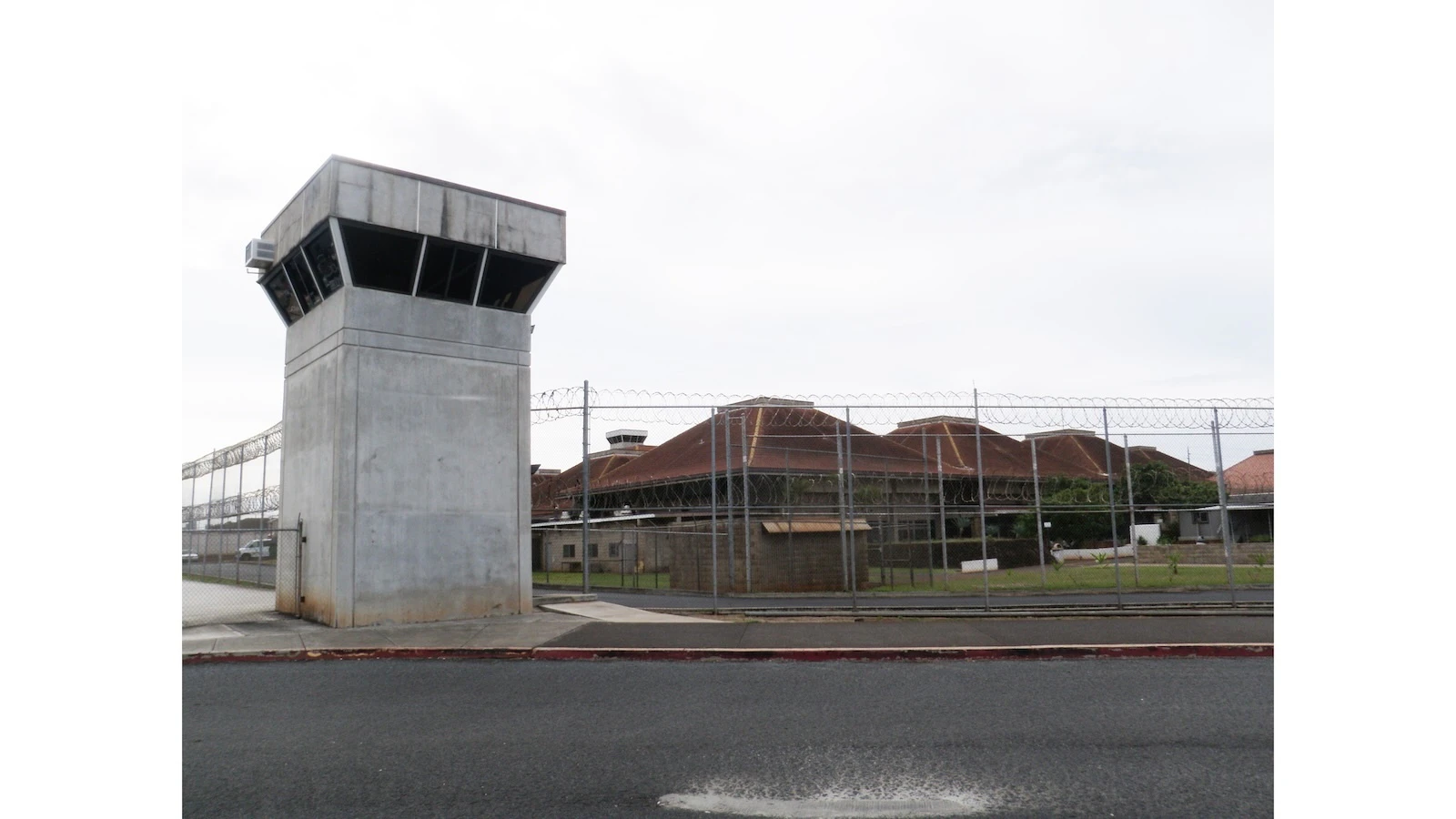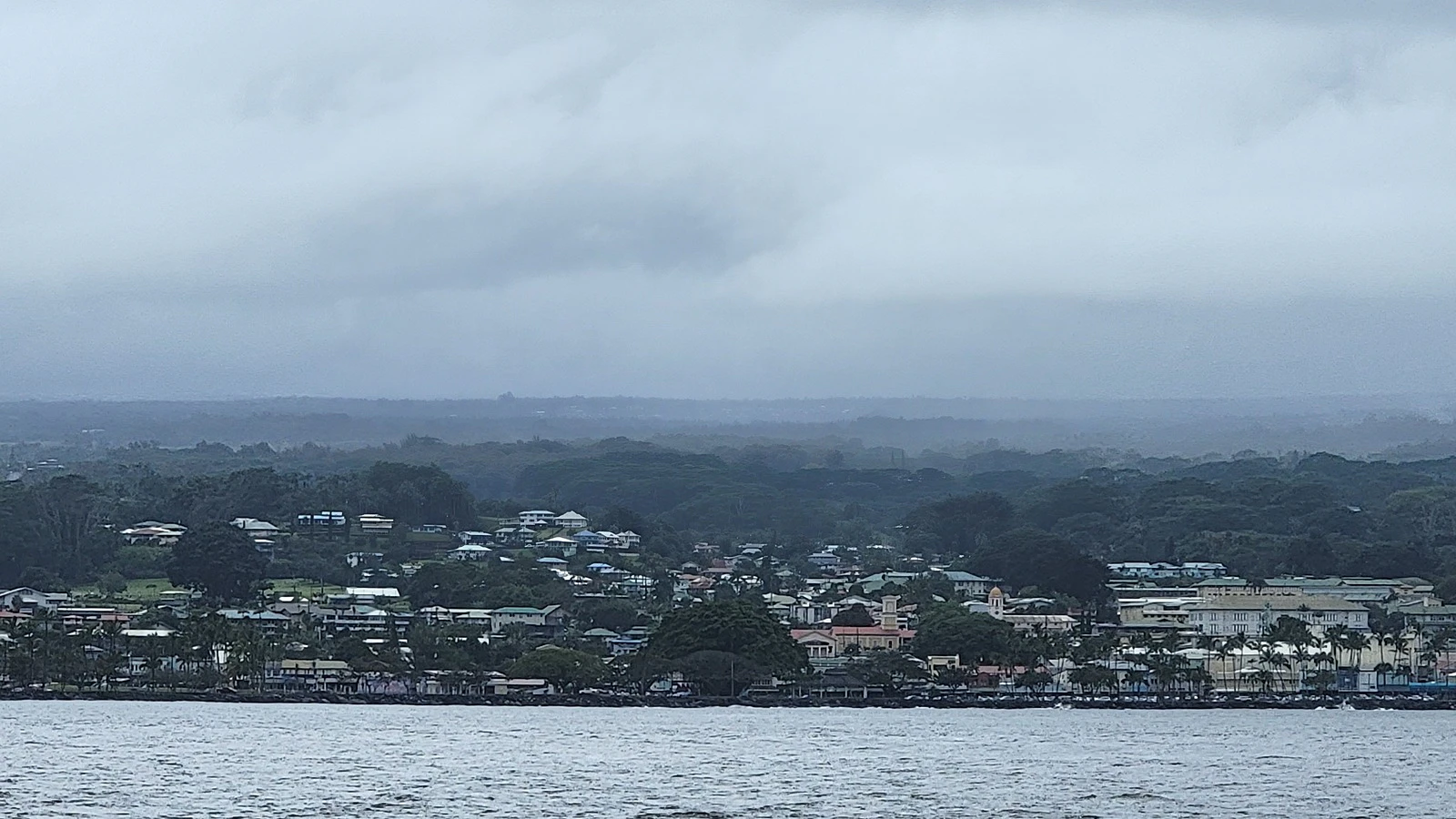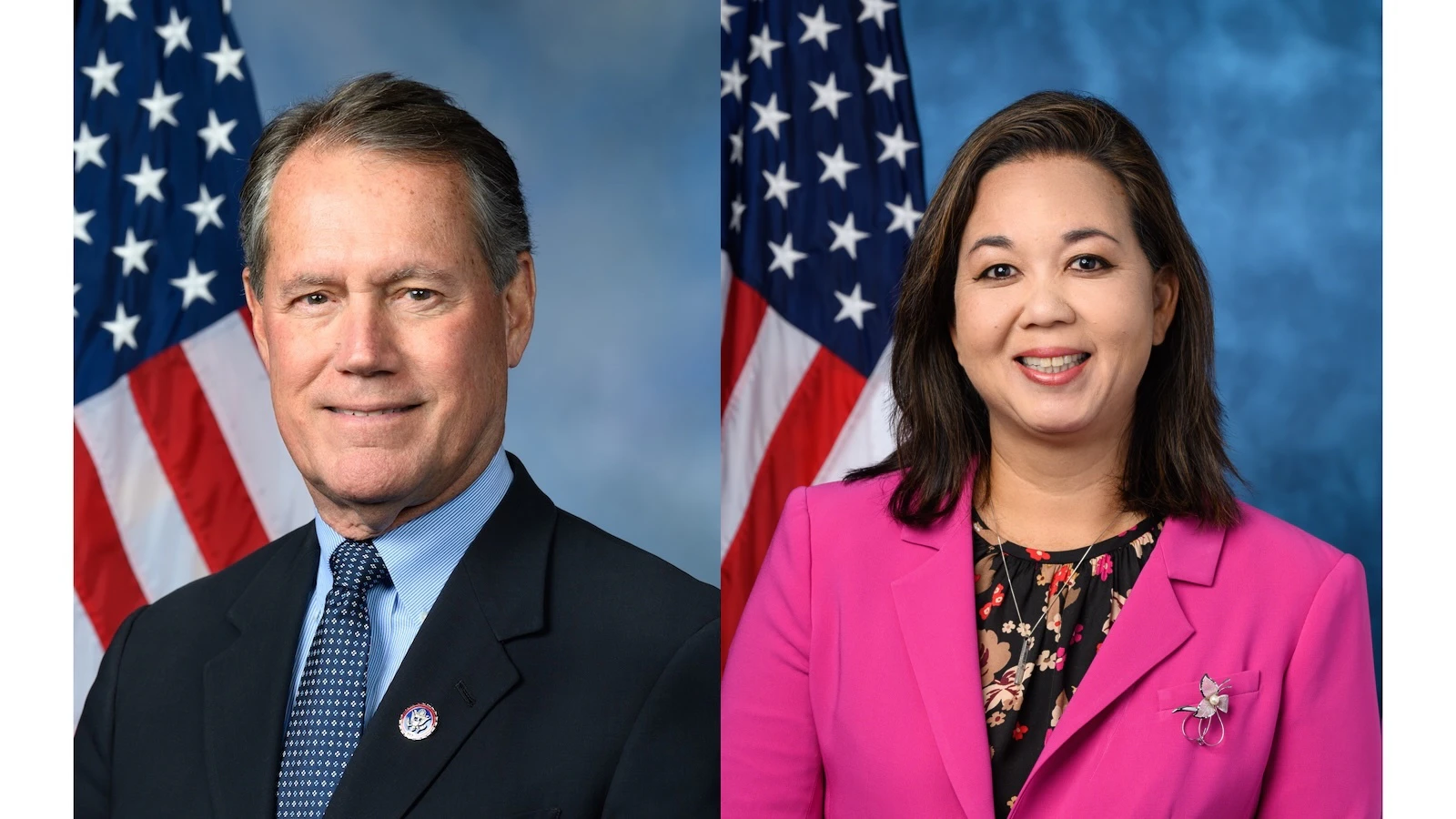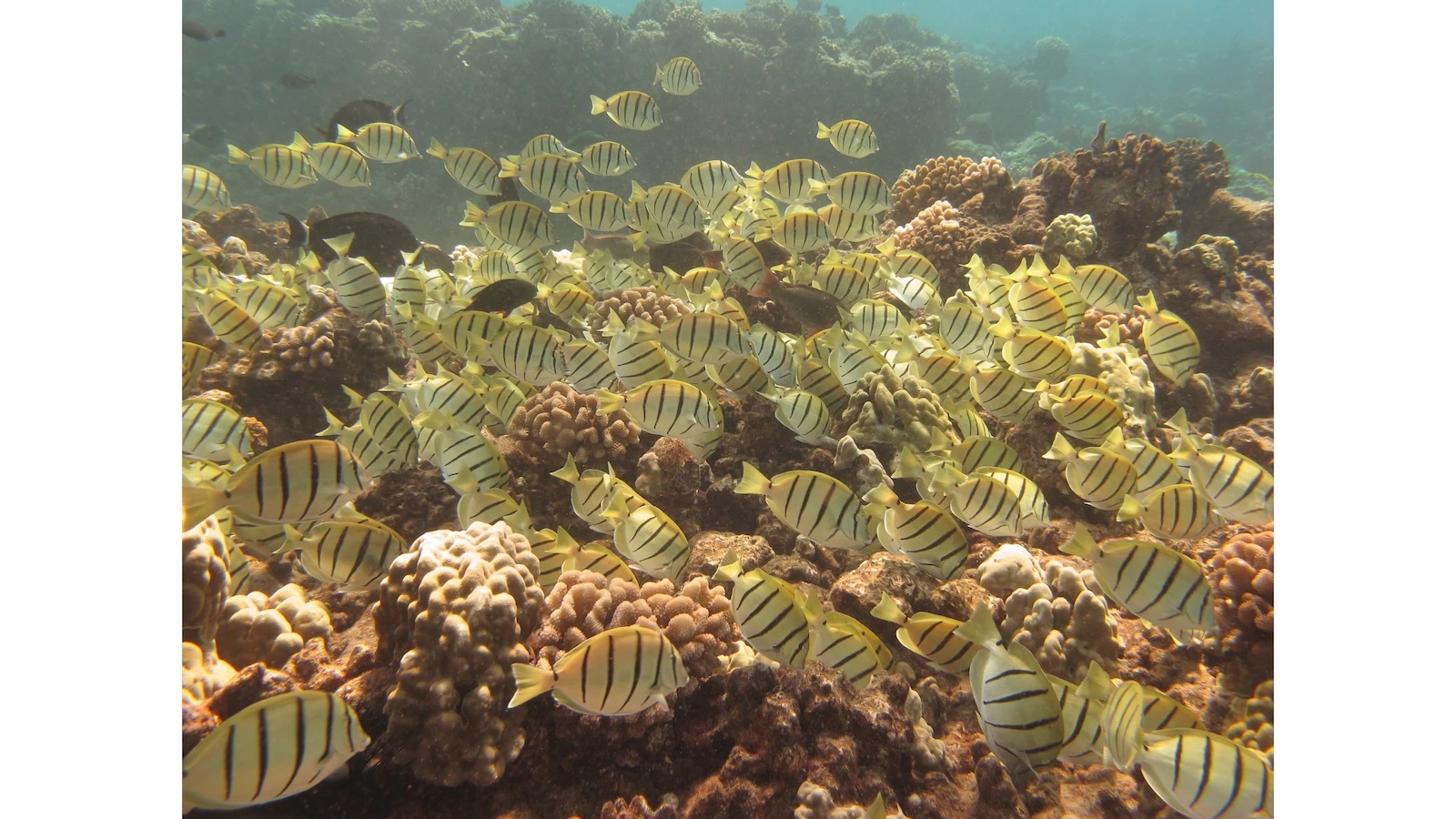A bill establishing limits on when and how prisons can hold inmates in solitary confinement was one of a dozen bills spared from Gov. Josh Green’s Intent to Veto list last week.
In June, Green released a list of 20 bills on the cusp of becoming law that he was considering vetoing. One of those measures was SB 104, a widely popular bill that would require the state Department of Corrections and Rehabilitation to strongly curtail its use of “restrictive housing,” commonly referred to as solitary confinement.
Restrictive housing is defined in the bill as confining an inmate to a cell for 20 hours or more per day. SB 104 — now Act 292 — only permits such confinement if the prisoner is reasonably believed to pose a risk of immediate harm to themselves or another person, and grants the prisoner a right to a hearing within 24 hours of being committed to solitary.
The bill also requires that inmates in solitary confinement retain access to food, water, medical care, legal counsel, and be given guidelines explaining how to be released from solitary back to general population.
At the time, Green’s rationale for considering a veto for the measure was that the Department of Corrections and Rehabilitation already had policies in place governing restrictive housing, and that establishing further restrictions would risk the health and safety of prison staff.
But prison reform advocates have widely supported the bill, arguing that solitary confinement has a history of causing significant psychological damage, and that the state’s rules for its implementation have been opaque, with some prisoners being sent to solitary without any clear idea as to why or how to return to general population.
Green signed SB 104 into law on Thursday, July 3, along with 11 other measures on his Intent to Veto list.
“After much discussion with stakeholders and DCR leadership, the governor believes that SB 104 is a small but important first step to providing the right type of housing and due process for inmates with specific needs, while ensuring the safety and security of all involved in the correctional institution," Green's office told Aloha State Daily by email.
However, Green did veto on July 3 the remaining eight bills on his Intent to Veto list. These measures included a proposal for the Department of Transportation to expand red light traffic cameras to the North Shore of Oʻahu (something Green said would “threaten the integrity” of DOT’s existing data-driven metrics that determine the buildout of traffic cameras) and a bill that would allow the state to lease naming rights for Aloha Stadium and the Honolulu Convention Center (Green said the language of the bill seems to violate the state’s procurement process).
Other bills vetoed include:
•HB 796, a proposal to limit all future tax credits to last only five years or be sharply reduced after five years. Green said this would have significant economic impacts across multiple sectors, and would “disincentivize future investors from doing business in Hawai‘i while destabilizing current businesses in the state.
•HB 958, a broad suite of regulations on “electric bicycles,” including age limits, helmet requirements and prohibitions on riding on the sidewalk. Green said the bill inadvertently seems to include electric cars in a prohibition stating that “no person shall operate a high-speed electric device on a public roadway,” which would make electric cars all but unusable in the state.
•HB 1296, which requires the Hawai‘i Emergency Management Agency to submit a report of any transaction involving the state Major Disaster Fund within 30 days. Currently, such reports are required within 60 days. Green said this requirement would “disrupt the delicate balance between reporting requirements … and fiscal flexibility for efficient emergency response and recovery efforts.”
•HB 1369, a measure changing the state’s general excise tax exemptions, in particular removing or curtailing exemptions granted to commercial fishers and sugarcane producers, while providing, Green said, “little financial benefit to the state.”
•SB 31, which would allow anyone who discovers a discriminatory restrictive covenant in a land agreement — that is, any clause in a property deed or similar document that restricts land’s use based on race, ethnicity, sexual orientation, religion, etc. — to be able to invalidate that covenant without fear of liability. Green said that proposal created “a statutorily authorized mechanism for the circulation of disinformation.”
•SB 1102, a simple bill establishing the appointment process and term limits for an aircraft rescue fire chief, which Green said is inconsistent with the state’s selection process for other leadership positions.
While the Hawai‘i legislature could schedule a special session to attempt to override Green’s vetoes, both House Speaker Nadine Nakamura and Senate President Ronald Kouchi issued statements on July 3 indicating that neither chamber will do so, thereby concluding the 2025 legislative session.
Article updated at 10 a.m., Tuesday, July 8, with additional comment from Green's office.
For the latest news of Hawai‘i, sign up here for our free Daily Edition newsletter.





